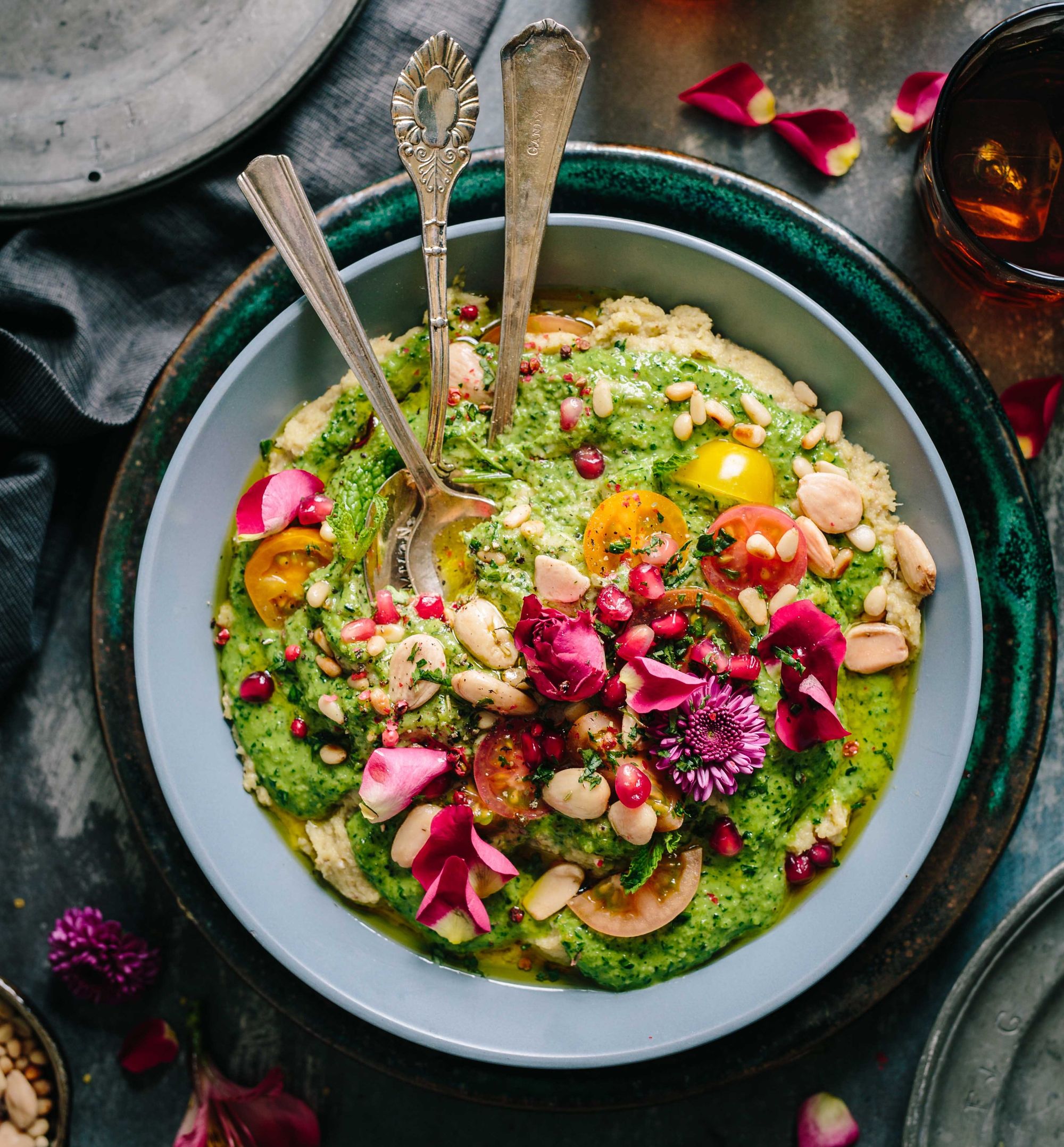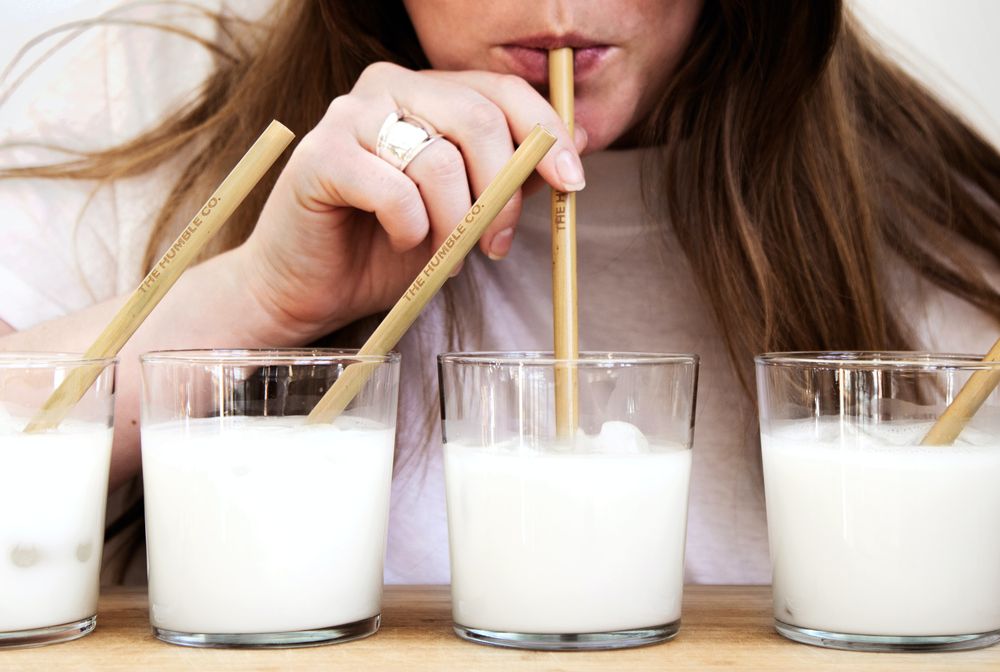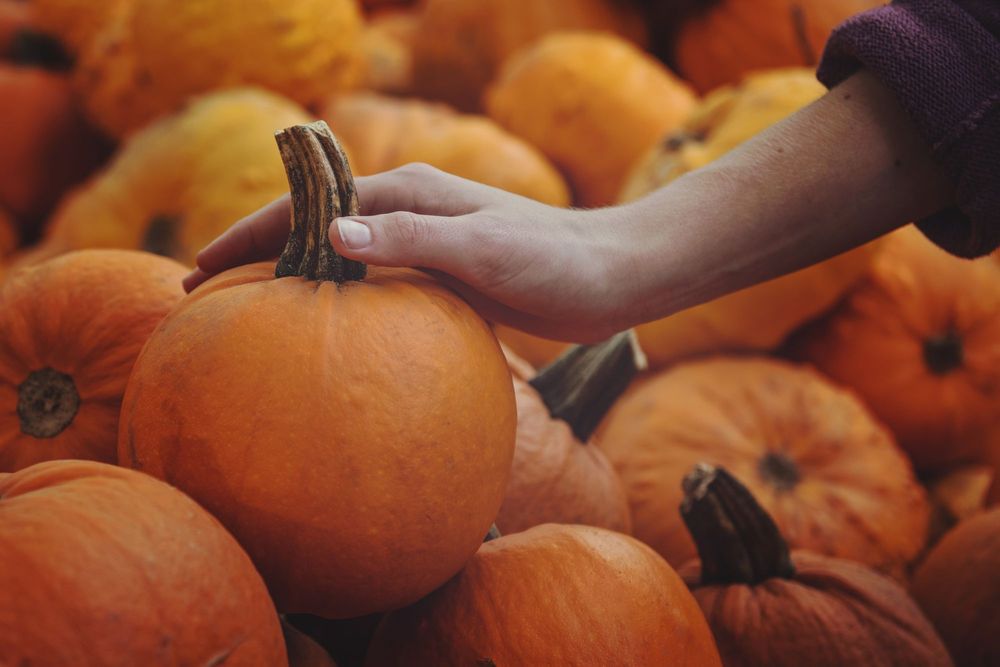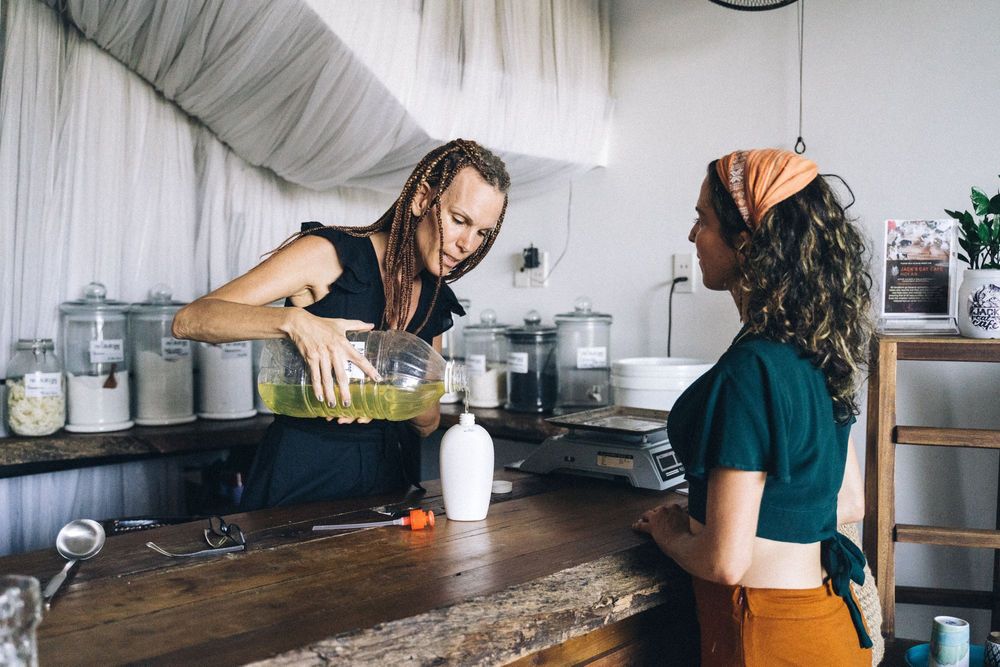Has 2020 had you reaching for the cookie jar a bit too often? Perhaps you’ve been junking out on burgers and pizza. Hey, it happens. I’m sure many of us have been there. When we feel stressed and overwhelmed, many of us take to comfort eating as a way of relieving our anxiety.
But if you’ve decided that you’re going to fix up your diet regardless and get back on track with healthy eating, join me as I take a look at how to do just that.
Why you need to eat healthier
Pizza tastes good. Burgers taste good.
But they won’t help you in the long-term.
Healthy eating is pretty important for physical and mental well-being: it can help you lose weight (if that’s your goal) and it can improve your overall health and help you get fitter, which is super important right now.
Healthy eating is also a great way to boost your self-esteem and get yourself ready for when lockdown is over. After all, healthy eating + working out is a great way to get closer to the look you want.
Yep, all eyes will be on you when you’re finally free!
Understanding what goes into a healthy diet
A healthy diet needs to be balanced, and it needs to consist of proteins, vegetables, fruits, and grains. If you don’t eat meat, there are still plenty of ways you can get your protein. In fact, here’s an excellent resource for vegetarian and vegan sources of protein.
What about greens?
Greens are an integral part of a healthy diet. They are absolutely stuffed with fiber, minerals. and vitamins, and more greens in your diet = a stronger immune system, which itself reduces your risk of developing a debilitating disease.
In fact, greens are so important that you should try to add them to your lunch and dinner whenever possible.
Here are some key greens:
- Kale
- Spinach
- Cabbage
- Lettuce
- Swiss chard
- Bok choy
The great thing about greens is that many of them are so versatile. For example, while you can stick kale in a salad, you could also combine it with mashed potato to make kale mash.
Spinach, meanwhile, can be added to sandwiches and even soup.
Lettuce is the same: miso soup with a bit of lettuce is another great way to sneak more greens into your diet.
Ultimately, you need to think creatively.
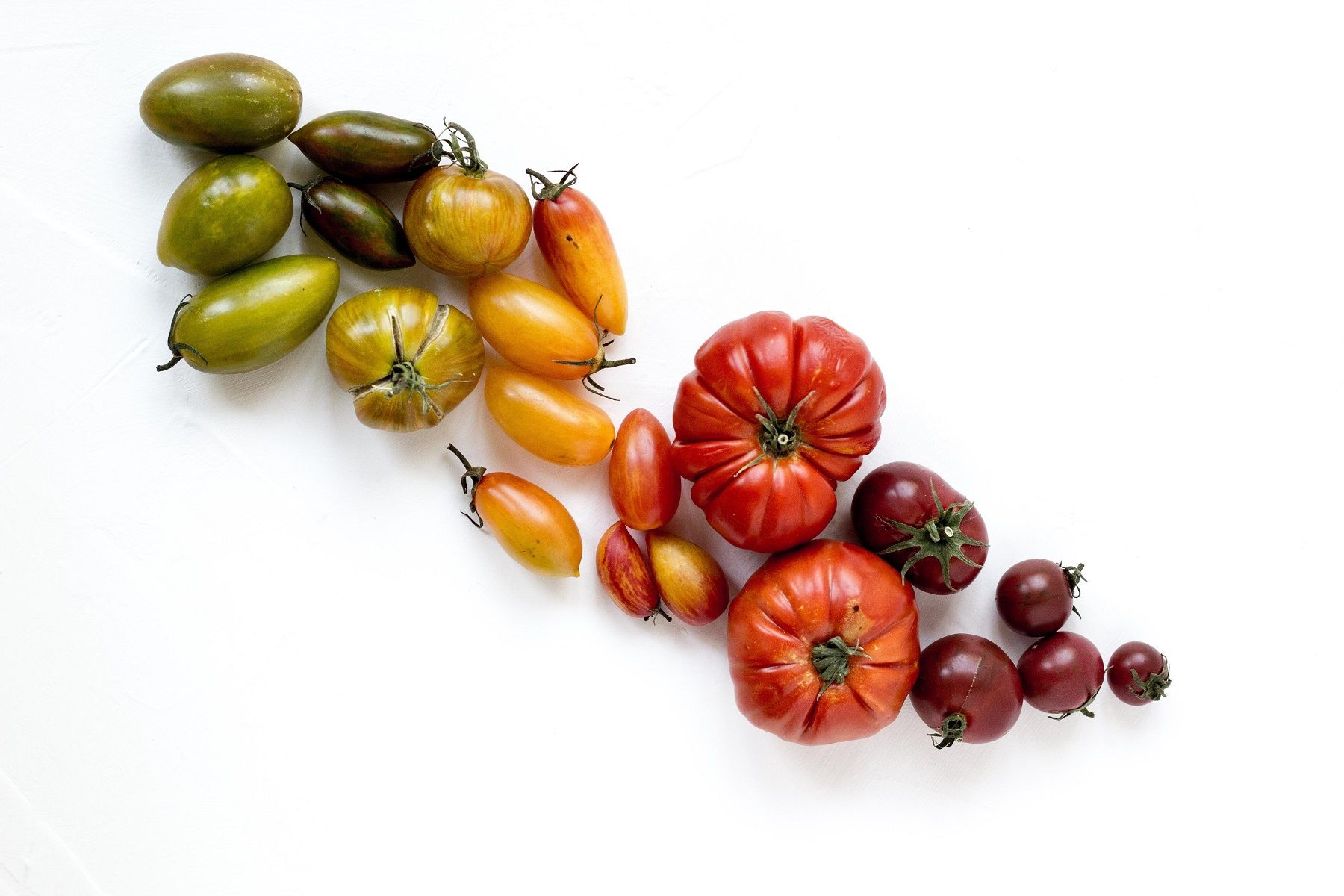
Tips for creating and maintaining a healthier diet
Eat three main meals per day
I don’t know about you, but I know a lot of people have been sleeping in more during lockdown. As a consequence, they’ve been skipping breakfast.
This is generally a big no-no when it comes to dieting. Indeed, breakfast is often seen as being the most important meal of the day.
As well as breakfast, you should also aim to eat lunch and dinner every day. Eating regularly will help you stave off hunger (which will prevent you from gorging on junk food at random times during the day), and it will fuel your body properly.
Aim to stay fuller for longer
The best way to stay fuller for longer is to combine protein with fiber each time you eat a meal.
This isn’t as hard to do as it might sound. For example, a fake meat could be your protein, while a few vegetables or grains could net you your fiber mix. That’s lunch and/or dinner sorted.
How to get protein and fiber at breakfast? How about an avocado and egg salad? Here are more ideas.
Don’t forget that a number of fruits are rich in fiber, too, including apples and pears.
What you should avoid (and why)
It depends what your goals are. For example, if you’re planning to go vegan or vegetarian, you’ll need to avoid dairy and meat as much as you can and still have a varied diet.
Whatever your goals are, though, it’s a good idea to limit your dairy intake. You might want to do this for ethical reasons, but you may also want to do it for health reasons. According to research, 65% of the world’s population are lactose intolerant.
That said, while dairy can be a bad thing, it can also be a good thing. Feel free to eat a reduced amount of dairy if you wish, but also make sure you get its benefits — vitamin D, protein and calcium — from alternative dairy sources.
Other than that, the likes of white bread, fruit juice, pastries and sugar should either be avoided, or at least reduced.
What's next?
To make sure you stay on track with better eating habits, it’s a good idea to create a weekly meal plan. This will ensure you buy the right things from your grocery shop, and it will reduce the risk that you’ll raid the snacks cupboard because you’re hungry — or order a takeaway because you’ve nothing in!
And don't forget to let us know in the comments or on social media how you're getting on!

